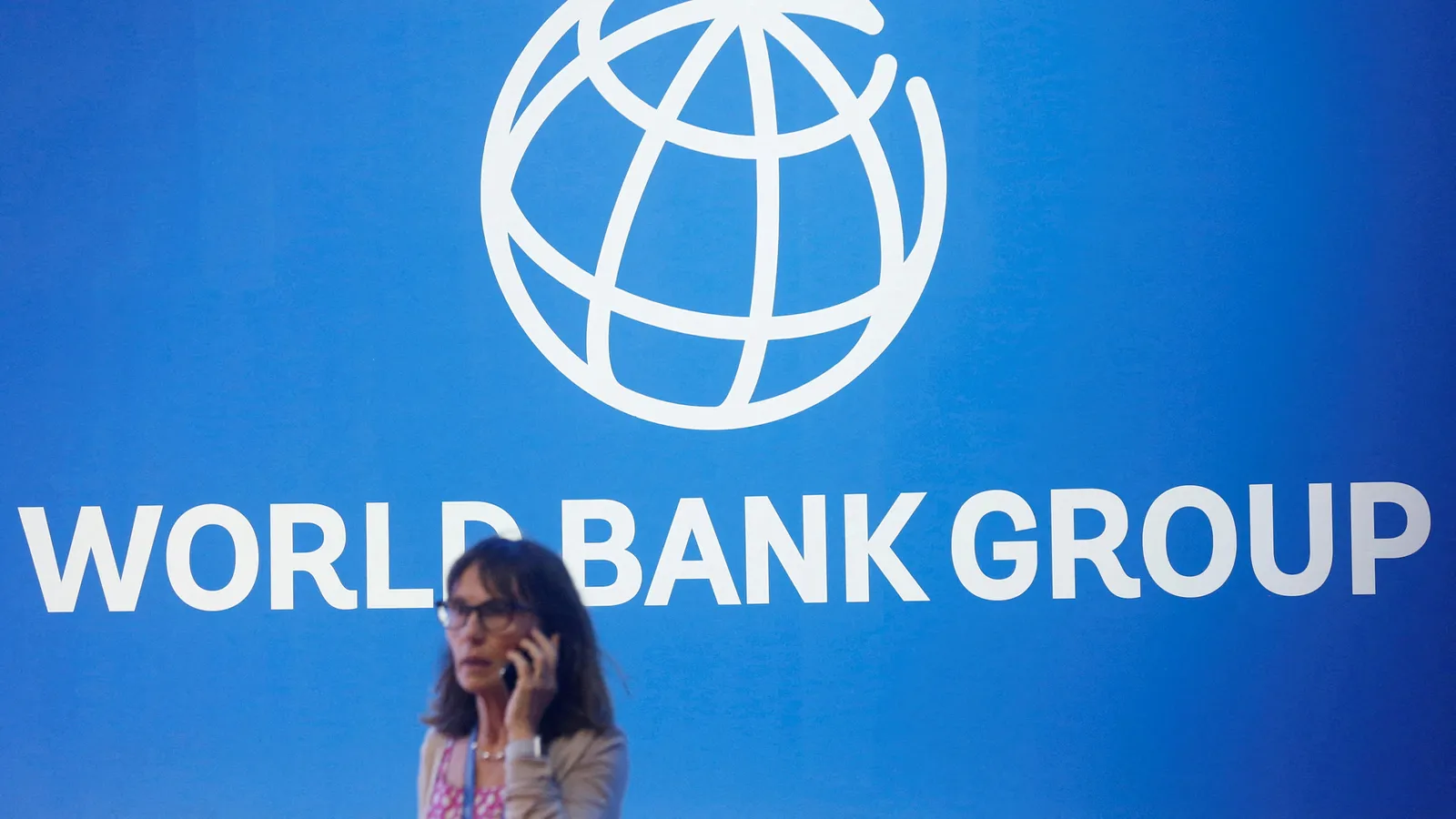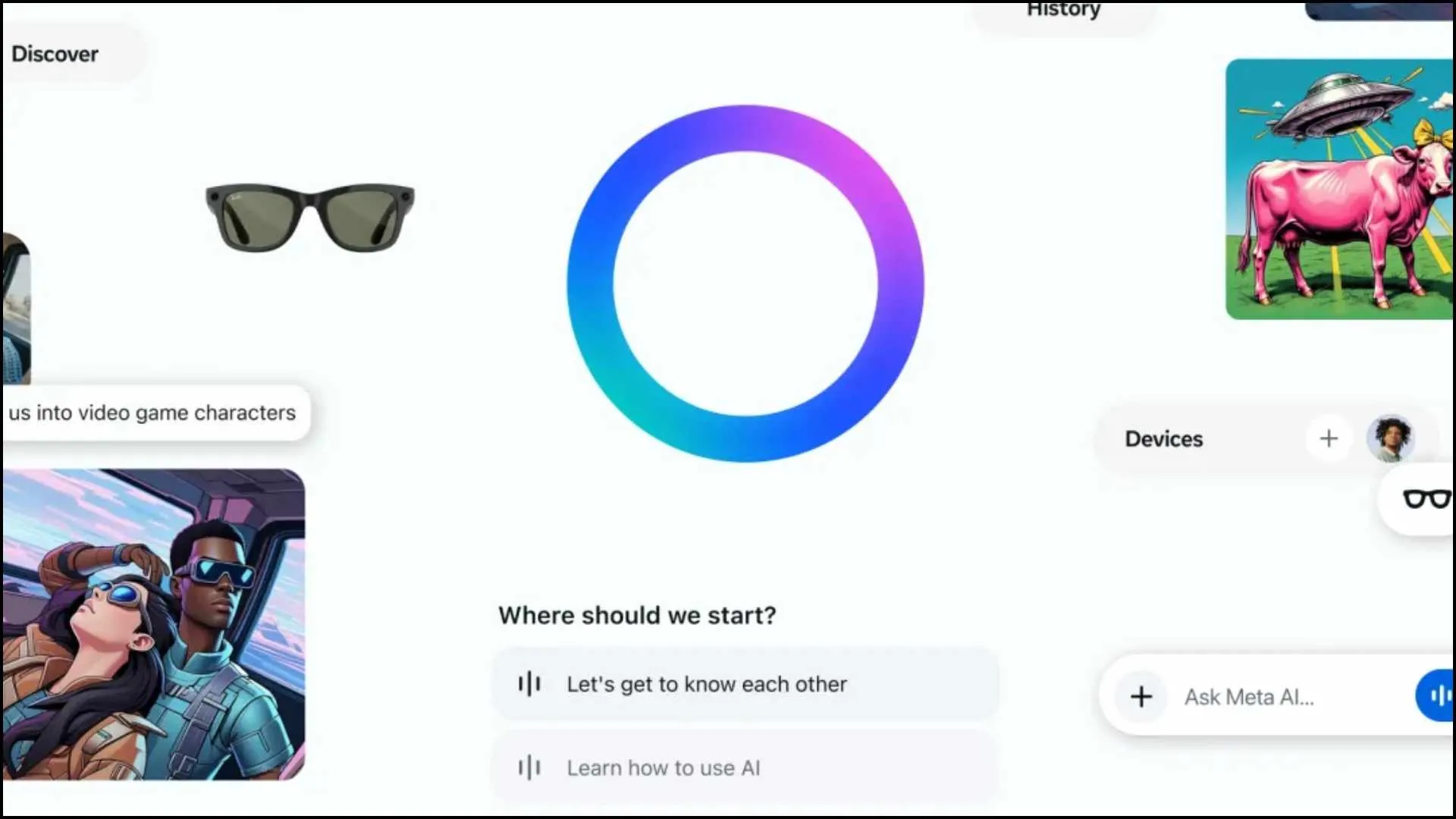Apple has airlifted 600 tons of iPhones, or an estimated 1.5 million handsets, from India to the US in a daring attempt to avoid new tariffs President Donald Trump has placed on Chinese imports, sources told Reuters.
The move highlights Apple’s increasing dependence on its Indian manufacturing network, which is headed by Foxconn and Tata, while the corporation tries to protect its American consumers from rising costs. Apple has resorted to its operations in India in order to preserve supply flow and pricing competitiveness, as its main production base, China, is currently subject to an astounding 125% tax.
“Apple wanted to beat the tariff,” said a source familiar with the company’s internal planning. In anticipation of the tariff hike, the tech giant began chartering cargo flights from Chennai as early as March, coordinating six massive shipments to date — each plane carrying around 100 tons of iPhones.
To streamline the logistics, Apple pushed Indian airport authorities to dramatically reduce customs clearance times at Chennai airport from 30 hours to just six. This “green corridor” system emulates models used by Apple in Chinese airports, and is seen as a critical piece in Apple’s new India-centric strategy.
In a further sign of urgency, Apple reportedly ramped up production at Foxconn’s main plant in Chennai, extending operations to Sundays — traditionally a holiday — to meet a 20% boost in output targets. The factory, which produced 20 million iPhones last year, has been instrumental in supplying the iPhone 15 and 16 models.
Two direct sources confirmed that the Chennai facility is now operating full-scale, seven days a week, with added workforce and logistics support.
Price Shock Averted
Analysts have warned that without this strategic pivot, U.S. iPhone prices could have soared. For instance, the top-end iPhone 16 Pro Max, which retails at $1,599, could have jumped to $2,300 under the new 125% tariff, according to projections by Rosenblatt Securities.
India, by contrast, is currently subjected to a 26% tariff — now temporarily paused by a 90-day exception — offering Apple a more viable manufacturing alternative. According to Counterpoint Research, roughly 20% of iPhones imported into the U.S. now come from India, with the rest still originating from China.
India Rising
Apple’s recent airlift operation is being hailed as a turning point for India’s ambitions to become a global tech manufacturing hub. With strong backing from Prime Minister Narendra Modi’s administration, Apple spent nearly eight months setting up its customs fast-lane in Chennai.
Government officials confirmed that Apple received full support to enable this high-speed export pipeline, which has significantly boosted shipment values. In January alone, Foxconn’s India-to-US exports hit $770 million, followed by $643 million in February — up from just $110–$331 million in previous months.
Most of the shipments were offloaded in key U.S. hubs, including Chicago, Los Angeles, New York, and San Francisco.
ALSO READ: From India To The U.S. In 72 Hours: Apple’s Billion-Dollar Airlifts To Beat Trump Tariffs






















